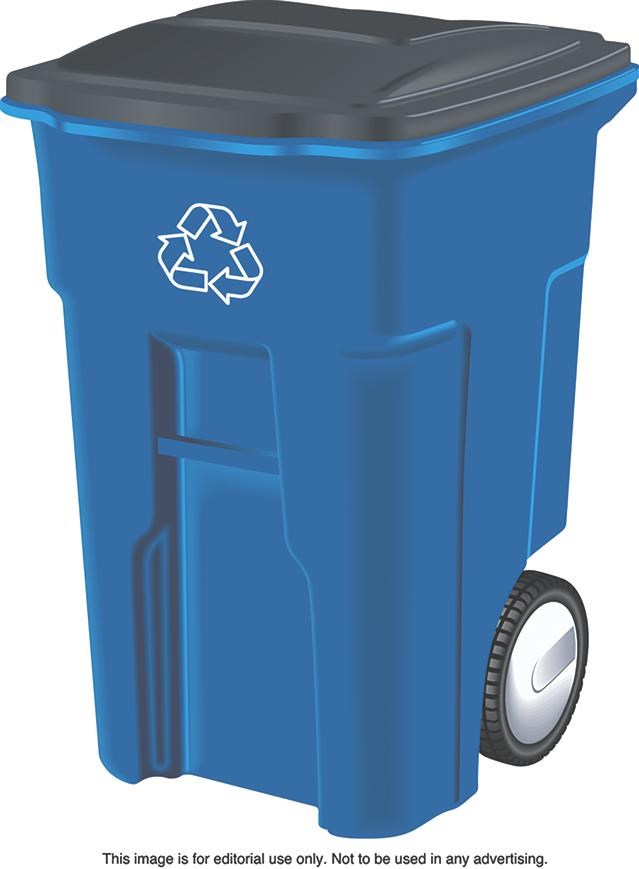Recycling will play a vital role in the future of the planet. As climate change continues to threaten the long-term health of the planet, the necessity to recycle and reuse only becomes more paramount.
According to the Environmental Protection Agency, decomposing garbage, such as that which finds its way into landfills, generates methane. Methane is considerably more effective at trapping heat in the Earth’s atmosphere than carbon dioxide and contributes heavily to climate change. By recycling items rather than discarding them, people can play an active and effective role at combatting climate change. In addition, recycling helps cut back on the release of harmful greenhouse gases that are produced during the manufacturing process.
Community recycling programs have been around for decades in many communities, and these programs are only as effective as the people who recycle. Learning how to treat common recyclables before depositing them into designated recycling bins can help people ensure their efforts are having the impact they intended.
• Rinse jars, bottles and cans. Items that are not rinsed before they’re placed in recycling cans run the risk of contaminating everything within. While each community program is different, recycling bins deemed contaminated may be redirected to landfills. Residential Waste Systems, a Connecticut-based trash and recycling removal firm, recommends rinsing all jars, bottles and cans that contain visible residue before depositing them in the recycling bin.
• Learn which items can be recycled. Contact your local recycling firm for a list of items that can and cannot be recycled. Many people unknowingly deposit items that cannot be recycled into their recycling bins, potentially contaminating their bins and rendering them more likely to end up in a landfill than a recycling center. By contacting your recycling center in advance, you can reduce the risk that all your hard recycling work will be for naught.
• Inspect paper products. If various paper products are accepted by your local recycling center, you must still inspect them before placing them in your recycling bin. For example, a pizza box may be recyclable, but likely isn’t if it’s covered in grease. Inspect each potentially recyclable paper product to make sure there’s nothing present that might lead to it being designated as contaminated.
Recycling is a simple step many people can take to promote the long-term health of the planet.




